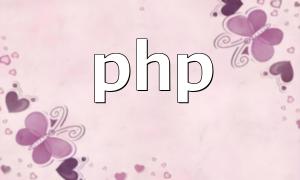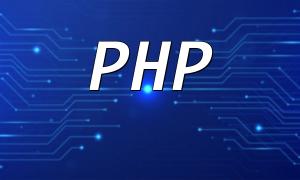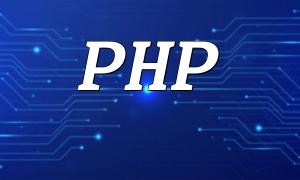In software development, following coding standards is crucial for enhancing team collaboration and development efficiency. PHP, being an efficient and flexible open-source language, is widely used by more and more developers and enterprises. To achieve standardized development, it is essential to adhere to a unified set of writing standards that ensure the code is readable and maintainable.
PHP coding standards aim to improve code readability and maintainability, while also reducing potential vulnerabilities and defects. By following a unified coding standard, development teams can ensure consistent code quality, enhance development efficiency, reduce maintenance costs, and improve team collaboration.
Code indentation is a basic part of coding standards that helps developers clearly distinguish the structure and hierarchy of the code. The common practice is to use four spaces for indentation, instead of the tab key.
// Before formatting
if (condition) {
doSomething();
doSomethingElse();
}
<p>// After formatting<br>
if (condition) {<br>
doSomething();<br>
doSomethingElse();<br>
}<br>
Naming conventions are vital in PHP development. Consistent naming styles significantly improve code readability and maintainability. The most common naming conventions are as follows:
Variable names should use lowercase letters, with words separated by underscores (snake_case), and should be descriptive to make it easier for other developers to understand.
// Example
$user_name = 'Lucy';
$user_age = 18;
Constant names should be written in all uppercase letters, with words separated by underscores, ensuring that constant names are easily readable.
// Example
define('MAX_LENGTH', 100);
Function names should use lowercase letters, with words separated by underscores, and should be descriptive. Typically, function names are formed using a verb+noun pattern to describe their functionality.
// Example
function getUserInfo($user_id) {
// do something
}
Class names should use CamelCase, where the first letter of each word is capitalized and no underscores are used. Class names should be descriptive and meaningful.
// Example
class UserService {
// do something
}
Comments are an essential part of writing standardized code, helping developers understand the intent and implementation of the code. Well-written comments improve code maintainability. Comments should be concise and clear, with inline and block comments being the two common forms.
Inline comments are used to explain the purpose and meaning of a single line of code.
// Example
if ($score < 60) { // $score is below the passing mark
echo 'Failed';
}
Block comments are used to describe the purpose and implementation of a function or a block of code, typically placed before the function.
/* Example
* Function to retrieve user information by user ID
* @param $user_id integer User ID
* @return array Array containing user information
*/
function getUserInfo($user_id) {
// do something
}
Adhering to PHP coding standards significantly enhances code readability and maintainability, reduces potential errors, and boosts development efficiency. Therefore, good coding standards are essential for the success of any project or company. In practice, developers should always follow best practices, refer to established coding standards, and ensure the quality and efficiency of their code.









